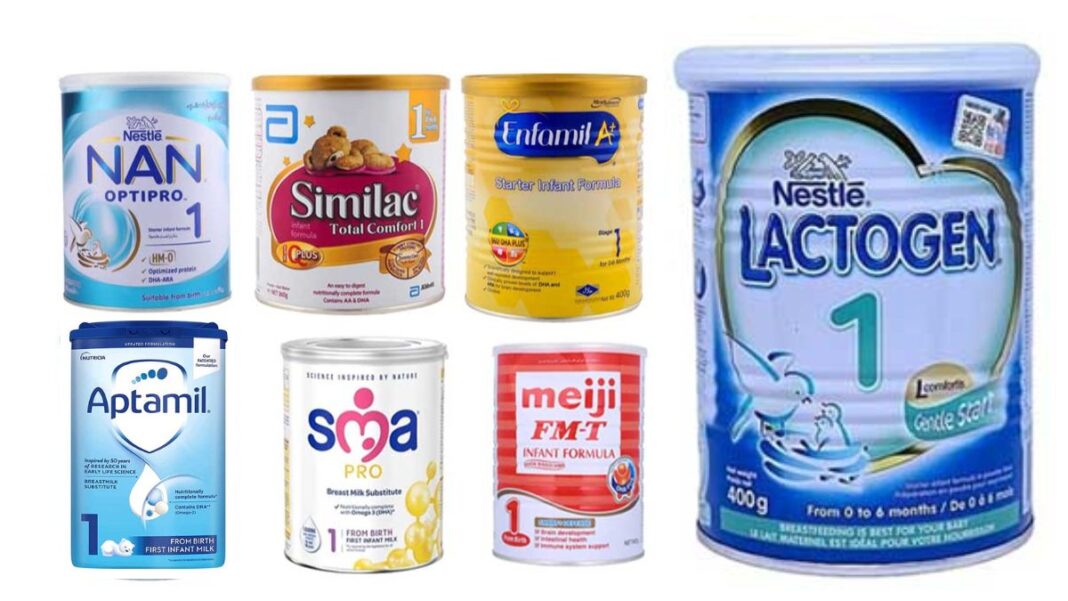Disturbing statistics have emerged from the latest demographic survey in Pakistan, revealing that only 45 percent of mothers are exclusively breastfeeding their children. Government officials and health experts from the World Health Organization (WHO) have pointed out that this concerning trend is a major contributor to a range of health issues among infants, including diarrhoea, pneumonia, childhood obesity, malnutrition, and recurrent infections.
The ramifications of this low exclusive breastfeeding rate are stark. According to officials, over 35,000 infants are losing their lives annually due to diarrhoea and other infectious diseases linked to the use of breast milk substitutes. Millions of children are also experiencing malnourishment, stunted growth, and developmental deprivation due to the indiscriminate use of formula milk. Dr. Palitha Mahipala, WHO’s country representative to Pakistan, emphasized the severity of the situation during a walk organized to mark World Breastfeeding Week 2023 in Islamabad. He stated that the rate of exclusive breastfeeding is alarmingly low, with only 45 percent of women adhering to this practice during the first six months of their children’s lives.
Relevant Read: Nestlé employees donate PKR 6 million for flood rehabilitation efforts
Breastfeeding is widely acknowledged as a vital and cost-effective health intervention that bestows numerous benefits upon infants. Dr. Mahipala highlighted that breastfed babies are less susceptible to conditions like asthma, obesity, type 1 diabetes, and sudden infant death syndrome (SIDS). Breast milk contains essential antibodies from the mother, providing natural protection against infections and illnesses.
In the context of Pakistan’s dire situation, Dr. Mahipala commended Sindh’s health department, particularly Health Minister Dr. Azra Pechuho, for introducing a law aimed at protecting and promoting breastfeeding in the province. He expressed hope that similar legislative measures would be adopted by other provincial and federal governments. Dr. Baseer Achakzai, Director General Health Services Islamabad, emphasized the importance of raising awareness about breastfeeding. He lamented that the indiscriminate use of breast milk substitutes is leading to tragic outcomes for Pakistani children, including diarrhoea, pneumonia, malnutrition, and various infections.
Dr. Achakzai stressed the necessity of educating mothers, doctors, and healthcare providers about the significance of breastfeeding, especially in the first six months of a child’s life. Dr. Irshad Memon, Director General Health Sindh, underscored the responsibility of healthcare professionals in promoting breastfeeding and discouraging formula milk and other complimentary food products. Dr. Khalid Shafi, Secretary General of the Pakistan Paediatric Association (PPA), added his voice to the chorus of concern, noting that ailing children are often not breastfed and are instead given harmful breast milk substitutes.
The urgent need for action is evident. The implementation of laws protecting breastfeeding and comprehensive awareness campaigns are critical steps in combating the alarming health crisis affecting Pakistani infants. The focus on promoting breastfeeding and providing accurate information about its benefits is essential to ensuring a healthier future for the country’s children.

